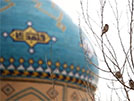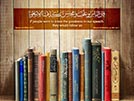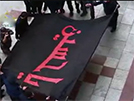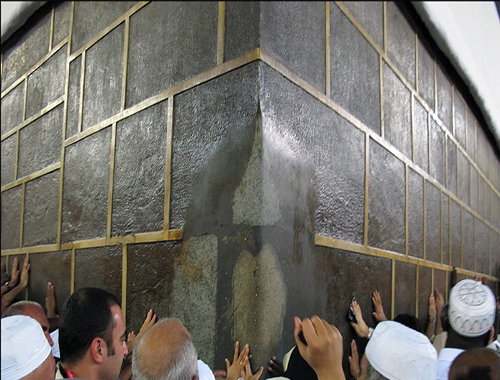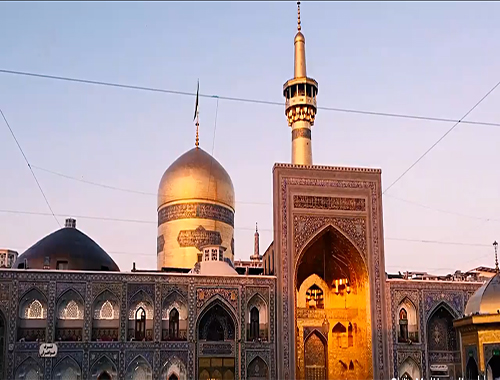We must always practise moderation
- Details
- Hits: 2592
We must always practise moderation
In addition to these verses we also have ayats that emphasise moderation in spending. For example:
“And do not make your hand to be shackled to your neck nor stretch it forth to the utmost (limit) of its stretching forth, lest you should (afterwards) sit down blamed, stripped off.”
(Surah al-‘IsrÄ’, 17:29)
The above ayat is commanding the believers not to exceed limits in spending, so as to avoid its ramifications. The Almighty Allah says in the Holy Qur’an:
“And they who when they spend, are neither extravagant nor parsimonious, and (keep) between these the just mean.”
(Surah al-FurqÄn 25:67)
Ibn Abi Umair has related that a person asked Imam Ja’far as-Sadiq (a.s.) the meaning of the ayat,
“...and pay the due of it on the Day of its reaping, and do not act extravagantly; surely He does not love the extravagant.”
(Surah al-An’Äm 6:141)
Imam (a.s.) explained,
“There was a man from the helpers (ansÄr) who was a cultivator. When he received his income he spent it all on the helpless and distributed it among the poor. As a result nothing remained for his family. So the Holy Qur’an has termed it as extravagance and said that he should pay the fixed taxes from farming but he must not be extravagant because Allah did not like extravagant people.”
Imam Ja’far as-Sadiq (a.s.) says,
“One who spends all his wealth in charity has certainly done IsrÄf.”
(Faqih)



